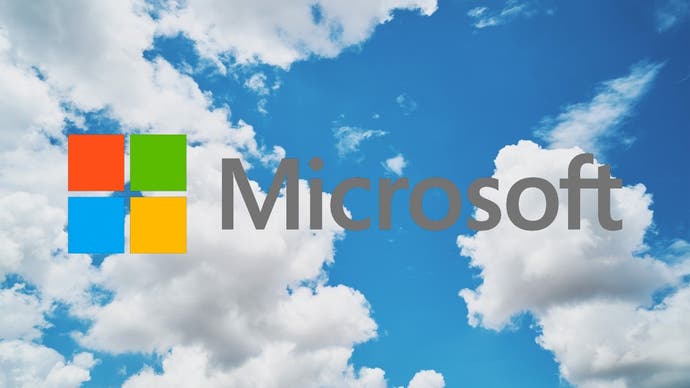Microsoft will sell Activision Blizzard streaming rights to Ubisoft
In order to get $68.7bn deal done.
Microsoft has agreed to sell the streaming rights for Activision Blizzard games to Ubisoft if completes its $68.7bn takeover of the Call of Duty publisher.
The move is a major change to Microsoft's plans, but one it clearly feels is necessary to get the deal approved by hesitant UK regulators.
If the deal is now approved, streaming rights for all new Activision Blizzard PC and console games released over the next 15 years will be given to Ubisoft - with those rights then existing in perpetuity.
In other words, if Microsoft owns Activision then the next 15 years of Call of Duty games will forever be streamable via Ubisoft's cloud services.
Microsoft president Brad Smith states that this change means Microsoft won't control the "exclusive" rights to stream Activision Blizzard games.
"Under the restructured transaction, Microsoft will not be in a position either to release Activision Blizzard games exclusively on its own cloud streaming service - Xbox Cloud Gaming - or to exclusively control the licensing terms of Activision Blizzard games for rival services," Smith wrote today in a blog post setting out the change.
Ubisoft will be able to license the games to a range of other cloud gaming and subscription services, and pay Microsoft for the rights to each title via a "one-off payment" and "an option that supports pricing based on usage".
Microsoft's growth and perceived dominance in the game-streaming market proved to be the sticking point in its earlier attempt to get the UK's Competition and Markets Authority (CMA) to approve the deal.
Back in April, the CMA dramatically blocked the deal from progressing further by saying Microsoft's ownership of Activision Blizzard risked "stifling competition in this growing market" - of cloud gaming.
So, where does this leave the deal in general? The CMA has now reacted to this development and said Microsoft's old deal is now definitely dead, and this new arrangement has been submitted for a fresh investigation - with a deadline of 18th October.
"The CMA has today confirmed that Microsoft's acquisition of Activision, as originally proposed, cannot proceed," CMA boss Sarah Cardell said in a statement today.
"Separately, Microsoft has notified a new and restructured deal, which is substantially different from what was put on the table previously. As part of this new deal, Activision's cloud streaming rights outside of the EEA will be sold to a rival, Ubisoft, who will be able to license out Activision's content to any cloud gaming provider. This will allow gamers to access Activision’s games in different ways, including through cloud-based multigame subscription services. We will now consider this deal under a new Phase 1 investigation.
"This is not a green light," Cardell continued. "We will carefully and objectively assess the details of the restructured deal and its impact on competition, including in light of third-party comments. Our goal has not changed – any future decision on this new deal will ensure that the growing cloud gaming market continues to benefit from open and effective competition driving innovation and choice."
"This latest development is perhaps not quite what many had expected when the CMA agreed a pause in Microsoft/Activision's appeal of the CMA's decision to block the transaction," Alex Haffner, competition partner at UK law firm Fladgate commented in a statement to Eurogamer.
"Rather than use Microsoft's new offer of a divestment of cloud gaming rights to a competitor to clear the original deal, the CMA has instead rubber stamped that original decision and opened a new investigation into the deal in its revised form. Theoretically this leaves the merging parties open to the prospect of another lengthy drawn out process to deal with competition concerns raised. In reality, however, it is hard to believe Microsoft would have taken this new course without a high degree of confidence it will now in due course (finally) get a regulatory green light from the CMA."










